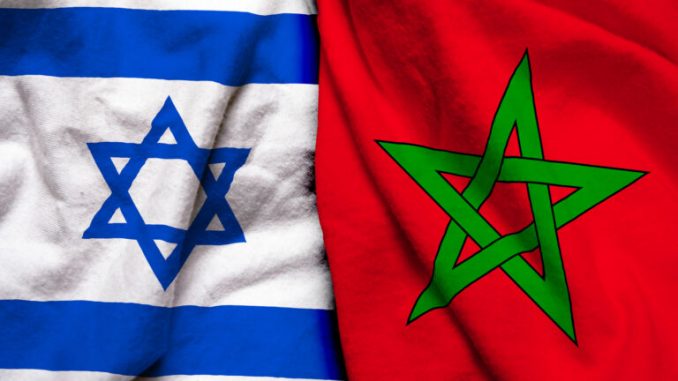
Representing about 10% of the Israeli population, nearly one million Israelis are Moroccan or of Moroccan descent, this community has so profoundly influenced Israeli culture that it is often difficult to distinguish Moroccan traditions from Israeli ones. This makes it easier to explore new avenues of cooperation in this new era of diplomatic relations and this new economic reality marked by volatility. This has led to an increased awareness of the two countries’ ability to discover new opportunities for collaboration.
Trade agreements between Morocco and Israel amounted to 3.1 million dollars in May, an increase of 94%, compared to the same period last year, reports the Abraham Accords Peace Institute, which was inaugurated in September 2021 by Jared Kushner, senior adviser and son-in-law of former U.S. President Donald Trump.
The Institute also revealed that trade between Israel and the rest of the Arab countries with which the Jewish state has diplomatic relations has also seen an increase.
It is worth noting that the United Arab Emirates (UAE), the first Arab country to sign a free trade agreement with Israel in May, is seeking a trilateral trade agreement with Morocco and the Hebrew country, and to increase trade with the Kingdom to $7 billion within 10 years.
The UAE’s ambitions are to strengthen trade with its Moroccan partner by accelerating container transport. The trilateral agreement will allow the three countries to explore investment opportunities in various sectors and strengthen the contribution of the private sector and entrepreneurs to the development of trade and economic partnerships.
According to data compiled by the Abraham Accords Peace Institute, trade with the UAE has increased by 130%, reaching $201.4 million in May 2022, compared to May 2021. This is also the case with Jordan (+54%, 55 million) and Egypt (+41%).
Trade relations between Israel and Arab partner countries broke records last month. “June saw many exciting developments in innovation, diplomacy and academia,” noted Asher Friedman, director of the Abraham Agreements Peace Institute, in a tweet.

Be the first to comment